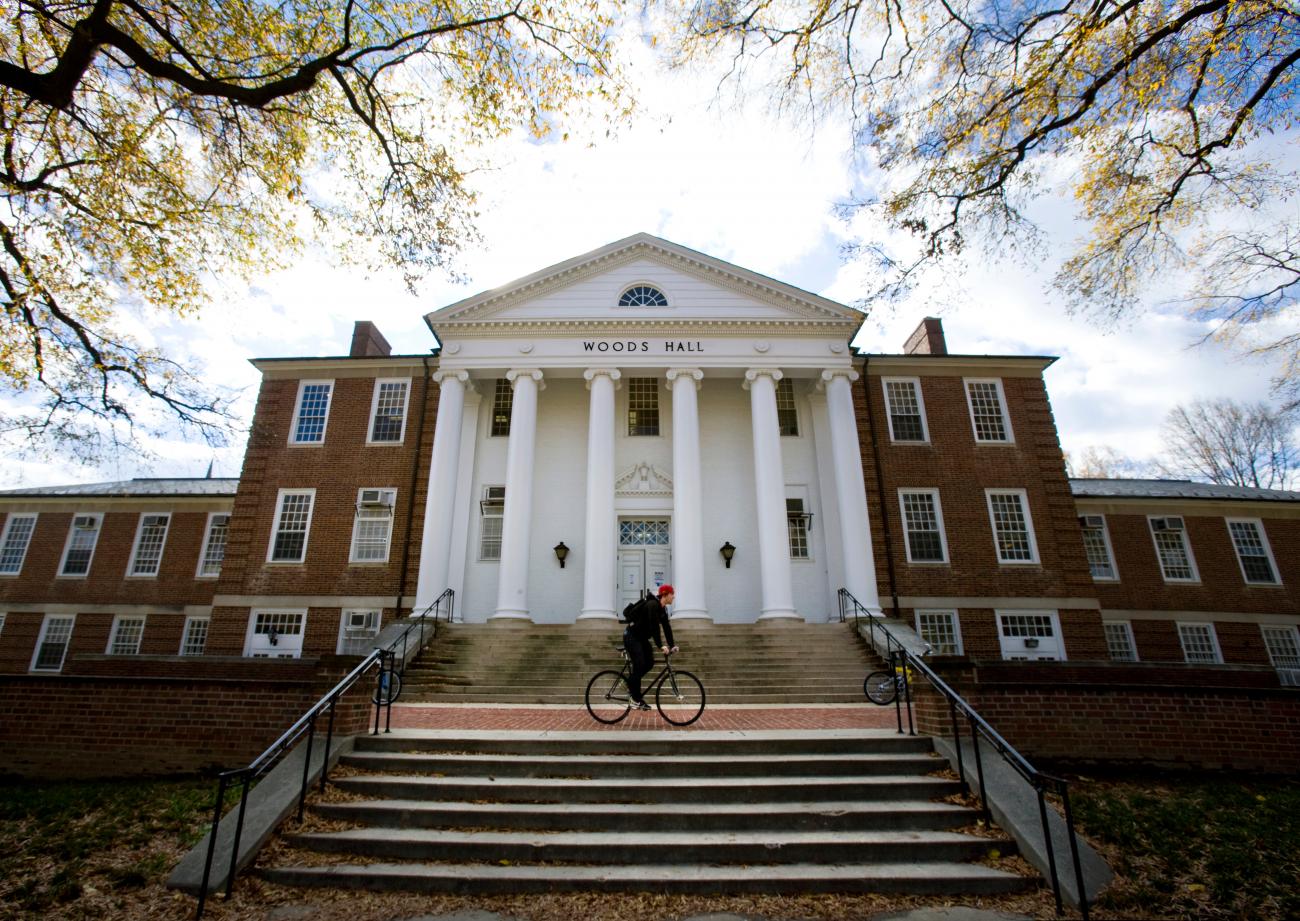About the talk:
The Known and the Unknown: Subsistence Fishing along the Potomac & Anacostia Rivers.
In 2015 the National Park Service undertook a highly unusual ethnographic study – to characterize an important, but a less well-known segment of their user population – people who fish for food on the Potomac and Anacostia rivers. Subsistence fishing has long been recognized as an important part of living for people from Native Alaskans in the north, to the bayous in the south, and in Puerto Rico and St. Thomas Caribbean islands. The study was undergirded by the idea of “test the assumptions” about who does subsistence fishing and why. Are they fishing because they are desperate for food? Because they didn’t see the warnings? This study investigates these assumptions about who subsistence fishers are; and why they are fishing. The results may surprise you.
About the speakers:
Shirley Fiske, Ph.D. Dr. Shirley J. Fiske is a Research Professor at the University of Maryland, College Park. She is an environmental anthropologist with career experience in the Executive (National Oceanic and Atmospheric Administration) and Legislative branches of the US government in the ocean, climate change, and natural resources management and governance. She’s been President of WAPA, NAPA, and Chair of the AAA Task Force on Climate Change. Her most recent projects are with the National Park Service on subsistence fishers along the Potomac and Anacostia rivers, and an ethnographic assessment in Rock Creek Park (currently).
Noel Lopez, Ph.D. Dr. Noel Lopez is Regional Cultural Anthropologist, Area Tribal Liaison Officer, and Edwin C. Bearss Fellow for the National Park Service/National Capital Area. Noel grew up and lived throughout DC, Maryland, and Virginia. A former Baltimore City public school teacher, Noel holds his BA from the University of Maryland, Baltimore County, an MLA from Johns Hopkins, and recently received his Ph.D. from George Mason University, where he wrote his dissertation on the political unity struck between the white Appalachians and the Black Panthers during the 1960s and 70s.
The Washington Association of Professional Anthropologists (WAPA) is the oldest and largest regional association of professional anthropologists in the world today. Founded in 1976, WAPA serves as a resource and a social and career development center for anthropologists seeking to apply their knowledge and skills to practical problems for the betterment of society.
WAPA's members are employed by government and business, as well as by a broad array of domestic and international nonprofit institutions and associations. Members also teach in colleges and universities that prepare the next generation of applied anthropologists.
Monthly meetings and social events provide a forum for the exchange of experience and ideas about applying anthropological knowledge and enable students to meet with experienced practitioners for guidance and inspiration. WAPA makes available information on jobs through networking, e-mail and through its website. WAPA's biannual Praxis Award recognizes outstanding contributions by anthropologists to projects in any realm of applied anthropology.
Membership is open to all anthropologists and other interested persons, whether resident in the Nation's capital or throughout the world. Approximately one-fifth of the membership lives outside the Washington metropolitan area, and many maintain their connection while on assignment overseas.
Just click the link to see the video: https://www.youtube.com/watch?v=8XuFS1dwNgY


